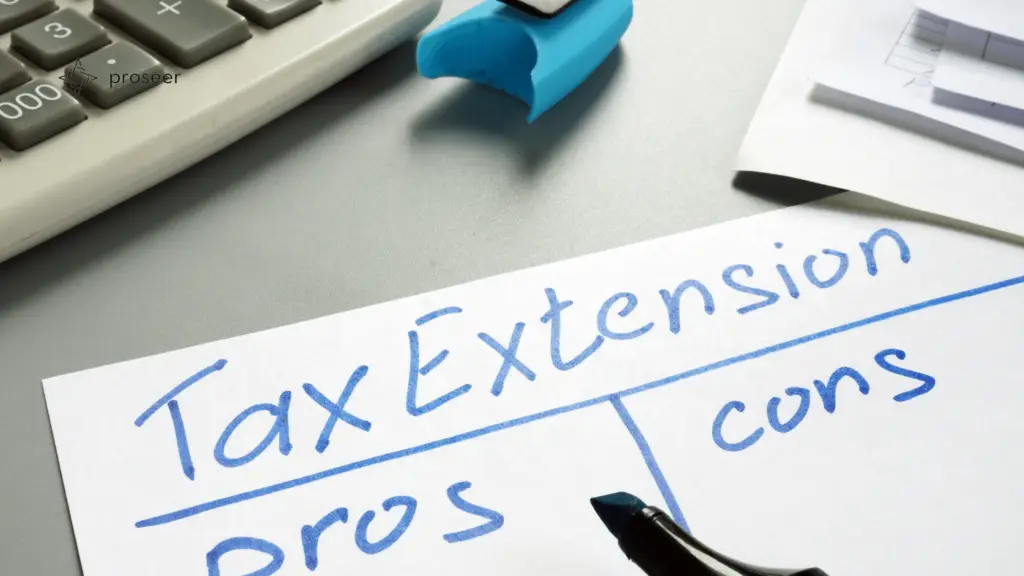In this week’s article, we review the considerations related to whether individuals should file an income tax extension.
Should You File a Tax Extension?
The IRS automatically grants individuals an extra six months to file their tax return if they ask for an extension; no justification necessary. It’s incredibly easy to do – but when is it worthwhile?
Reasons to File a Tax Extension
- Breathing Room – Collecting all your tax documents and sifting through every possible deduction can be a time intensive process. You may also still be missing that final 1099 or Schedule K-1. If the April 15th filing deadlines creep up too soon, it’s better to ask for an extension rather than try to rush through the filing process. The extra time lets you prepare the most accurate – and financially advantageous – return possible.
- Life Circumstances – Life happens. If you get married, fall ill, or face some other unexpected life circumstance around tax time, preparing a return may be the last thing on your mind. An extension gives you well-deserved extra time to deal with your personal situation and takes away the worry over filing your tax return. By asking for an extension rather than missing the deadline entirely, you avoid hefty penalties for failing to file timely.
- Retirement Planning – Filing an extension gives self-employed individuals an additional six months to fund an SEP IRA, solo 401(k), or simple IRA, which makes more time and money available for retirement planning purposes.
Other Tax Extension Considerations
- Late Fees – As we discussed in our last blog post Individual Safe Harbor – Plan For Your Tax Payments, an extension of time to file your return does not grant you any extension of time to pay your taxes. You should estimate and pay any owed taxes by the April 15th regular due date to help avoid possible underpayment penalties.
- Life Circumstances – Tax returns must be filed eventually. Extending the deadline only moves the obligation back – possibly to a time more hectic than the original due date. Filing in April puts tax season in the rear-view mirror and crosses a major obligation off the annual to-do list.
- Limitations – Asking for a tax extension comes with some limitations. For example, married couples who filed jointly in the past have only until April 15th to switch to married-filing-separately status. Also, as of 2018, you can no longer extend the deadline to recharacterize an IRA from traditional IRA to Roth IRA or vice versa – it must be completed by the original filing deadline.
Using a Tax Extension Strategically
Sometimes it makes sense to request a tax extension while other times it may not. There are other alternatives, too, from an extension request that only lasts 60 or 120 days, or one that continues longer than six months, to installment agreements for taxpayers who can’t pay their taxes. The IRS gives taxpayers many options for when, how, and how much they pay and it’s up to individuals to take advantage of them.
That happens by thinking bigger than just your individual tax return. Individuals should evaluate both their personal, financial and tax situation to determine if an extension of time to file your individual tax return makes sense. Get started on your tax strategy – contact Proseer.

